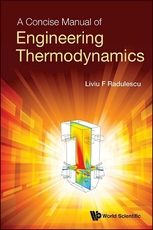
A Concise Manual of Engineering Thermodynamics
Thermodynamics, Temperature, Pure Substance, Ideal Gas, Control Volume, Control Mass, Reversible and Irreversible Processes, Enthalpy, Entropy, Non-Flow Processes, Flow Processes, Zeroth Law, First Law, Second Law, Ideal Power Cycles, Rankine Cycle, Otto Cycle, Diesel Cycle, Nuclear Power Plant, Fuel Cell, Refrigeration Cycle, Psychrometry, Moist Air, Heat Transfer, Heat Exchangers
Authors : Liviu F Radulescu (Conestoga College, Canada)
Publisher : World Scientific
ISBN : 978-981-3270-84-8
There are currently no reviews for this book title.
This book is intended for undergraduate students in mechanical engineering. It covers the fundamentals of applied thermodynamics, including heat transfer and environmental control. A collection of more than 50 carefully tailored problems to promote greater understanding of the subject, supported by relevant property tables and diagrams are included along with a solutions manual.
Professor Liviu F Radulescu obtained his PhD in Mechanical Engineering at the "Politehnica" University of Timişoara, Romania. He is currently a Professor at the School of Engineering and Information Technology at the Conestoga College in Ontario, Canada. Some of the courses taught include Advanced Calculus, Thermodynamics, Quality Assurance: Methods and Management, Engineering Drawing Principles and Material Removal Manufacturing Processes. He is also a Professional Engineer, a certified Black Belt in Six Sigma and a ASQ Certified Reliability Engineer.
There are currently no reviews for this book title.
Buy this book, https://www.worldscientific.com/worldscibooks/10.1142/11002, 13575, false
FAQs
Click on the "Buy this book" button
You can email us at book-review@enago.com and we will get back to you with the next steps shortly.
New Releases
-
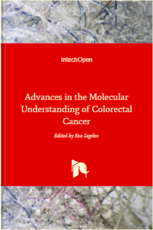
Advances in the Molecular Understanding of Colorectal Cancer
-
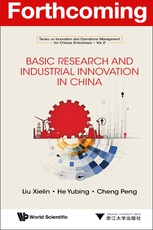
Basic Research and Industrial Innovation in China
-
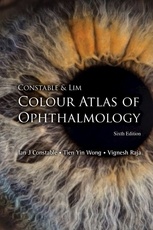
Constable & Lim Colour Atlas Of Ophthalmology: Sixth Edition
-
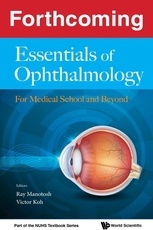
Essentials of Ophthalmology: For Medical School and Beyond
-
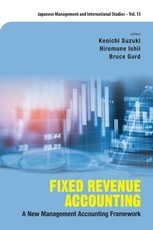
Fixed Revenue Accounting: A New Management Accounting Framework
All featured publishers and authors can avail of a free promotional interview on Enago Academy! Write to us now!
